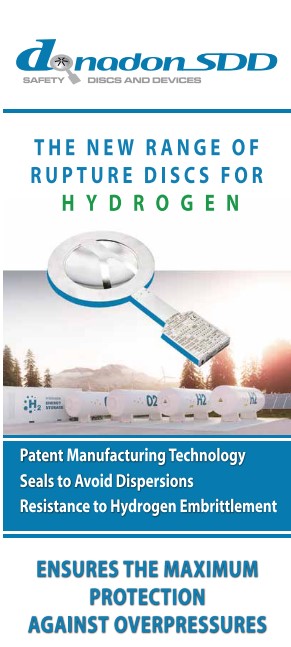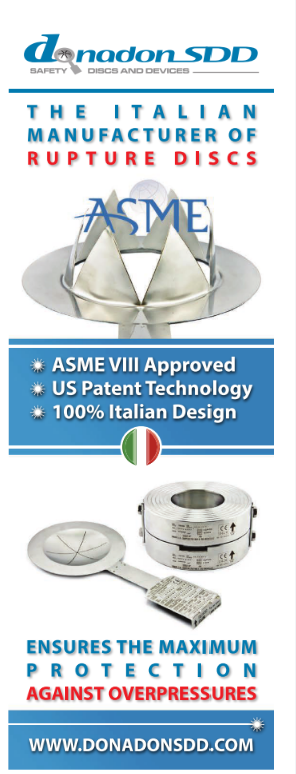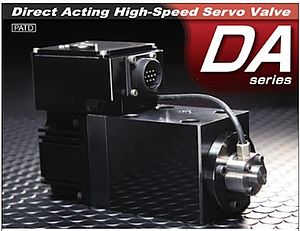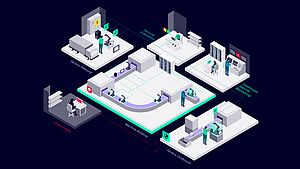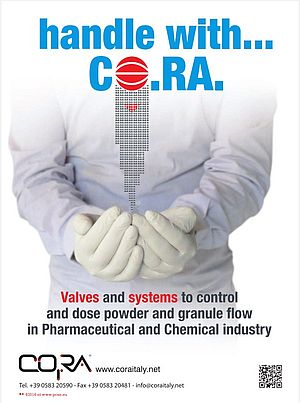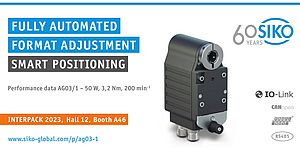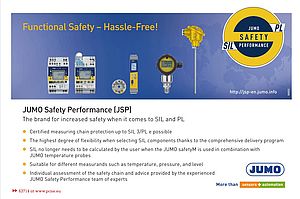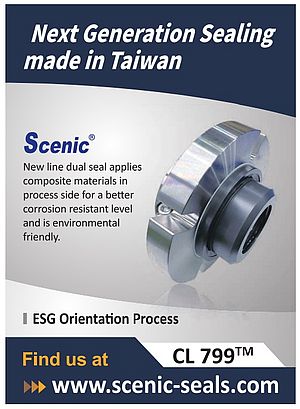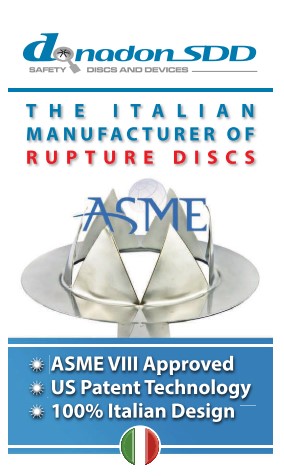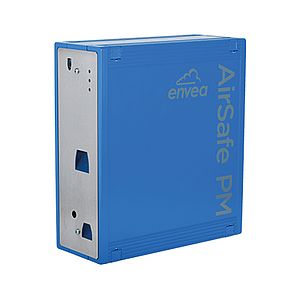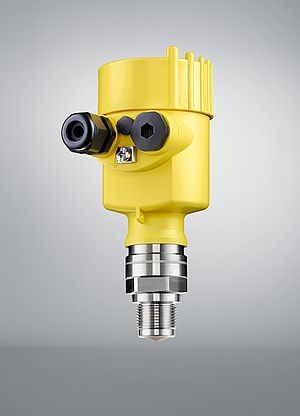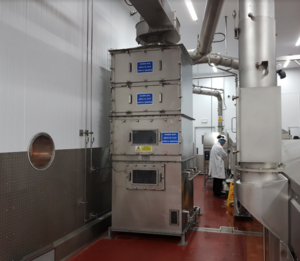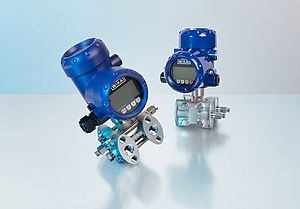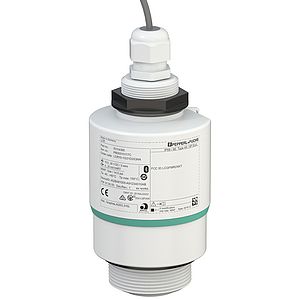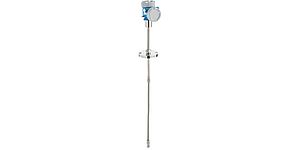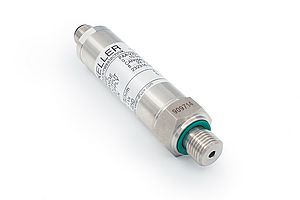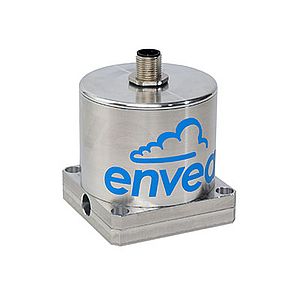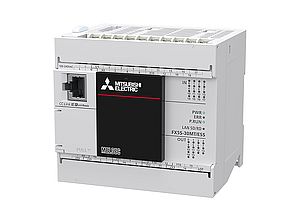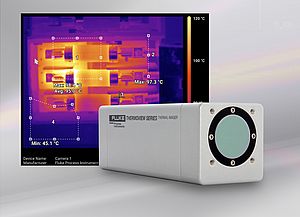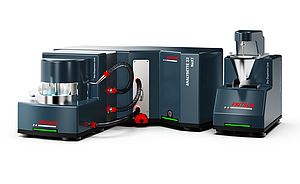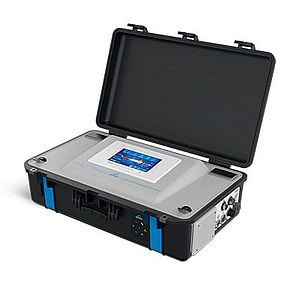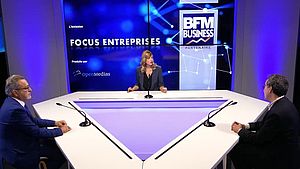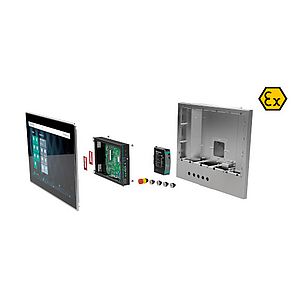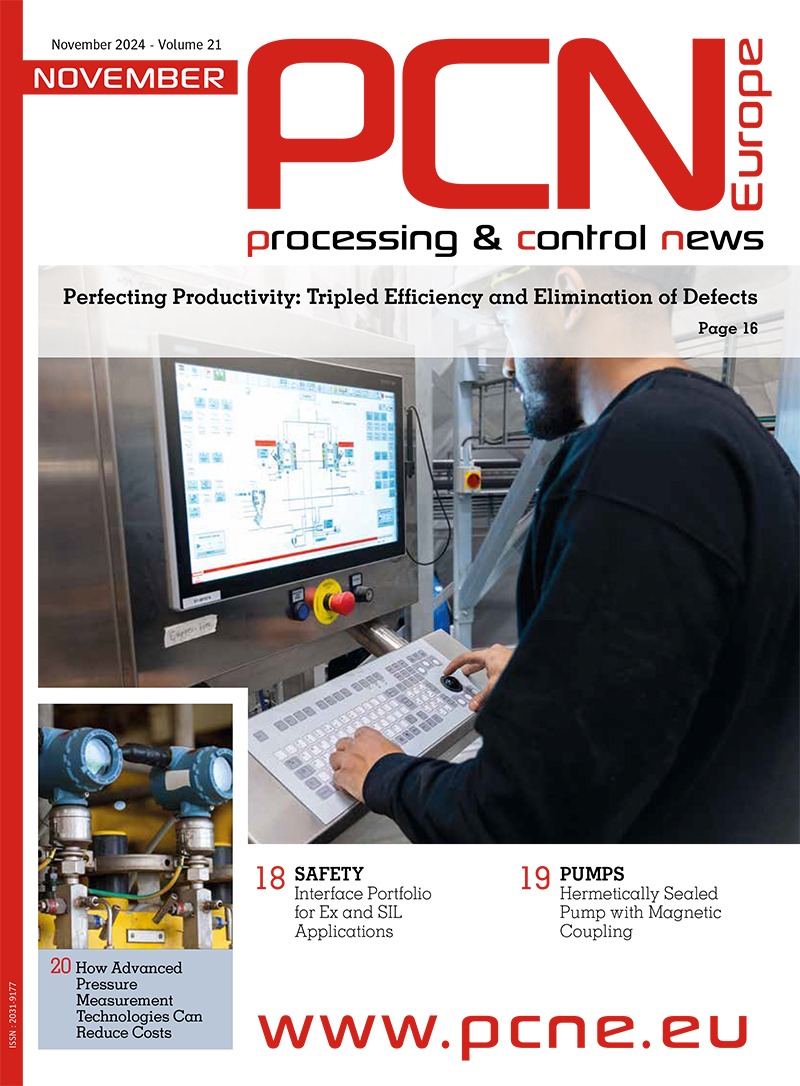Over recent decades, process control engineering has permanently evolved to an indispensable factor of added value in the processing industry. It will even develop further in the future, on the one hand because the technological development of process control systems, sensors and actuators will enable new applications and on the other because more sophisticated processing technology will require it. On the occasion of the 74th Conference on 10/11 November in Bad Neuenahr, Germany, NAMUR will cast a look into the future of process control engineering. NAMUR could win ABB as partner for this conference. Process control engineering has been a central part of ABB's product portfolio for many years. ABB has always been on top of innovation in this sector and therefore is an ideal partner for this main conference. In his plenary speech, Dr. Peter Terwiesch, Chairman of the Executive Board of the German ABB AG, will elaborate, from ABB's perspective, on the possibilities of state-of-the-art process control engineering and where process control engineering may be heading to in the near future. In ABB's view one of the major functions of a process control system is to enable the plant operator to keep track of the process and to take the right decisions in all situations in an environment which is growing more complex at a rapid speed. For this purpose the interface between humans and the process control system – i.e. the operator and monitoring interface – must process information, whose volume has increased markedly, in a suitable manner. ABB will present new ideas and concepts for the presentation of relevant plant data. Not only the plant operator will be in the focus in this context, the whole operating crew of a plant must be provided with the information required for their respective work area. With additional plenary presentations on Thursday, NAMUR will present the users' point of view in speeches on subjects such as “Control systems as production factor” and “Acceptance of higher level control strategies in applications”. In addition, this session will give account on the survey conducted among manufacturers and users of process control systems. The contributions reflect the dilemma of increasing complexity versus the demand for reduced planning effort, improved control over the plant and better resource efficiency. Another focus of this year's conference will be the launch of FDI technology which has almost reached marketability. FDI technology caters to what users have demanded for many years: combining instrumentation and control systems of different manufacturers as desired with only minimal effort.














